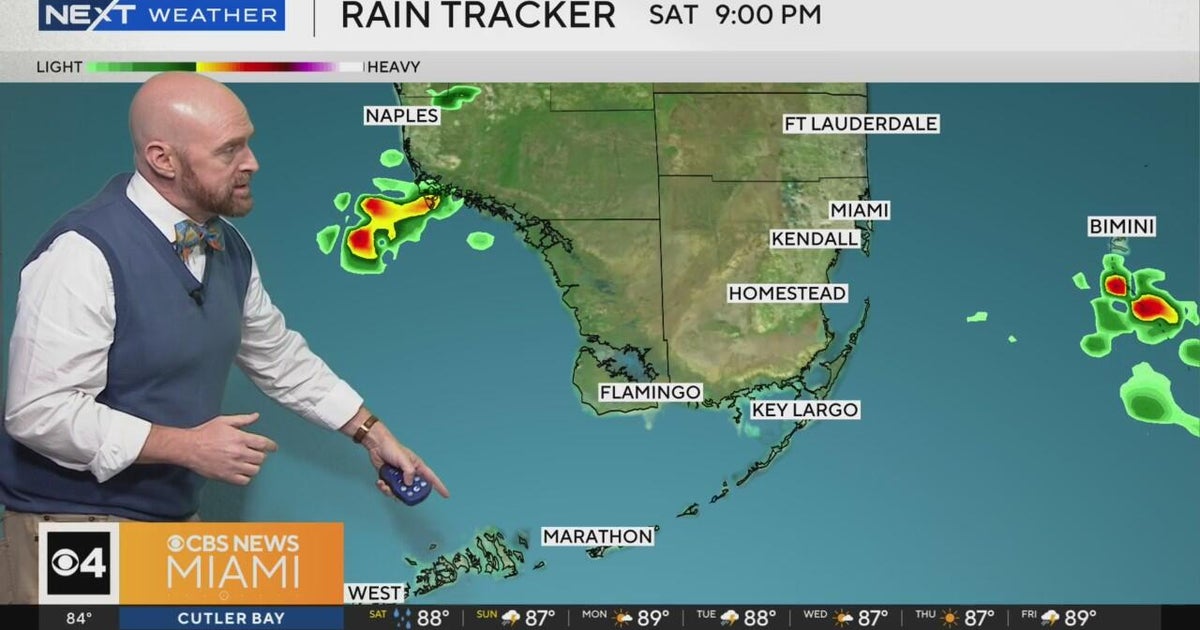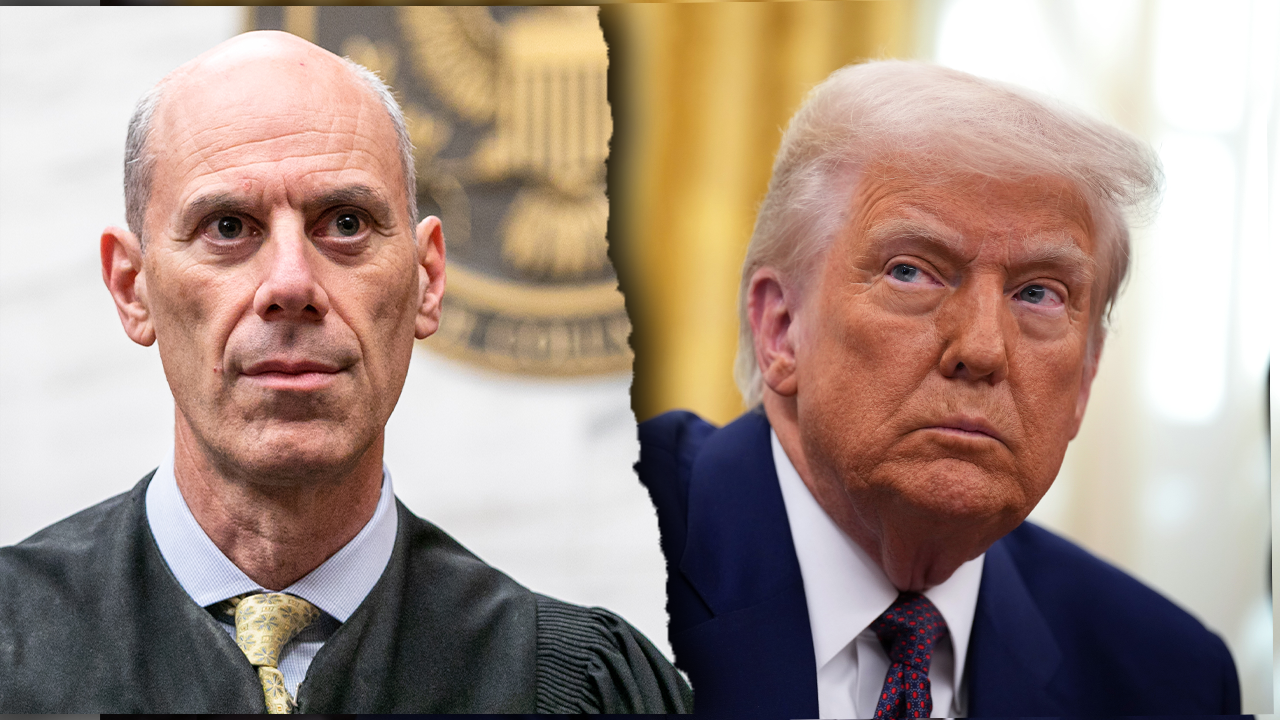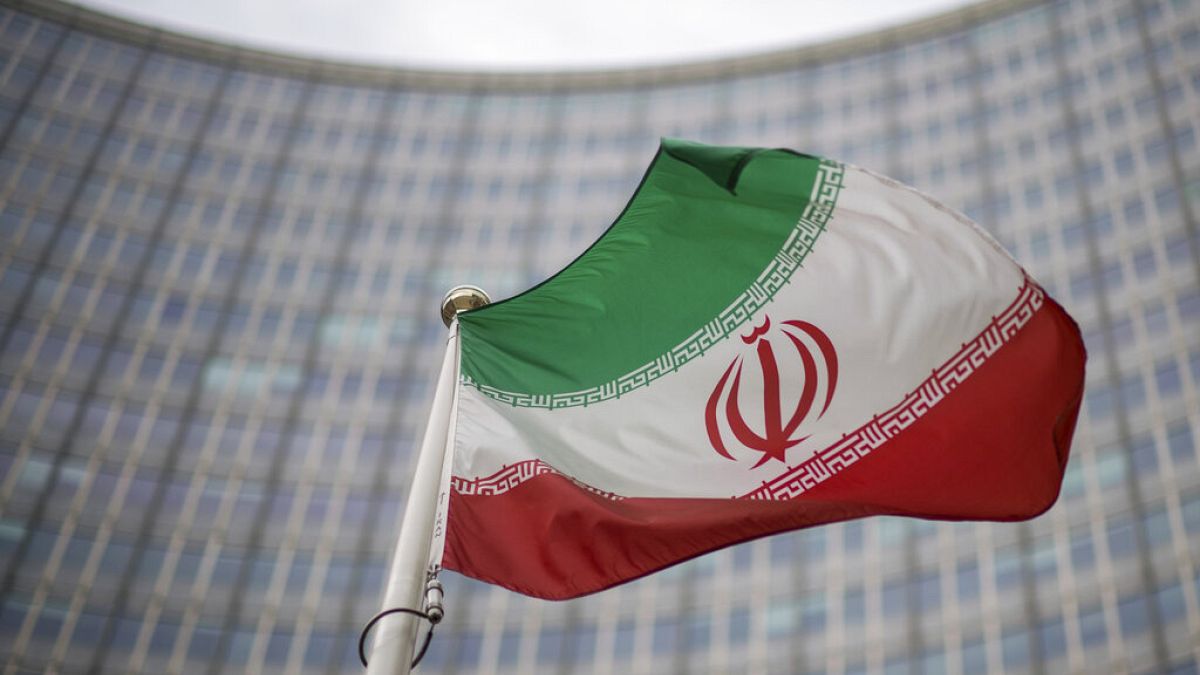Japan has cancelled a top-level meeting with the US after the Trump administration abruptly told Tokyo to spend more on defence, sparking anger in Washington’s closest Asian ally.
US secretary of state Marco Rubio and defence secretary Pete Hegseth were due to meet Japan’s defence minister Gen Nakatani and foreign minister Takeshi Iwaya in Washington on July 1 for annual security talks known as the “2+2”.
But Tokyo scrapped the meeting after the US asked Japan to boost defence spending to 3.5 per cent, higher than its earlier request of 3 per cent, according to three people familiar with the matter, including two officials in Tokyo.
The new, higher demand was made in recent weeks by Elbridge Colby, the third-most senior official at the Pentagon, and sparked anger in Tokyo.
The tension over security issues comes as the allies hold tough trade talks after President Donald Trump in April imposed “reciprocal” tariffs on Japan.
One senior Japanese official said the decision to cancel the July 1 meeting was also related to the July 20 Upper House elections where the ruling Liberal Democratic party is expected to suffer a loss of seats.
Christopher Johnstone, a former senior US government Japan expert, said Tokyo viewed 2+2 meetings as a “very high priority” because they provided “politically valuable opportunities to showcase the strength of the US-Japan alliance”. He said postponing the meeting until after the Japanese election signalled “significant unease in Tokyo about the state of the bilateral relationship and its outlook”.
“Tokyo appears to have concluded that the political risk of a meeting before the election was higher than the potential gain — a pretty extraordinary assessment, if true,” said Johnstone, partner at The Asia Group, a consultancy.
The friction between Washington and Tokyo comes as the US puts pressure on European and Asian allies to boost defence spending.
Speaking at the IISS Shangri-La Dialogue defence forum in Singapore last month, Hegseth urged Asia-Pacific allies to follow the “newfound example” of Europeans pledging to spend more and cited the threats in the region from China and North Korea.
“The US is now playing hardball with allies in the Asia-Pacific,” said one defence official.
Colby has been at the forefront of that push. In his US Senate confirmation hearing in March, his calls for Tokyo to increase defence spending drew a rebuke from Prime Minister Shigeru Ishiba, who said Tokyo would decide its own budget.
“The Trump administration’s inconsistent and unrealistic message on its expectations for allied defence spending levels in Asia risks backfiring and undermining those officials and experts who are most supportive of the United States in some key foreign capitals,” said Zack Cooper, an Asia security expert at the American Enterprise Institute.
Colby has taken other positions that have raised anxiety among US allies. The Financial Times recently revealed that he was conducting a review of Aukus, the landmark security agreement between the US, UK and Australia designed to help Canberra procure a fleet of nuclear-powered submarines.
The FT also reported in May that he had told European countries that they should focus their militaries on the Euro-Atlantic region and less on the Asia-Pacific. The stance marked a shift from the Biden administration’s push to involve European allies in Asia to send a unified message of deterrence to China.
In another example of the shift, the Trump administration is not pushing Nato allies to reference the Indo-Pacific in the communiqué at the alliance’s summit in The Hague next week.
At the 2024 summit, members said the Indo-Pacific was “important for Nato”. But three people familiar with the draft of the communiqué that will be released next week said it did not mention the region.
Former president Joe Biden had invested heavily in securing the language, arguing that the European and Indo-Pacific theatres were linked.
Japan’s defence ministry did not comment on whether the talks had been cancelled, and said no decision had been made on the timing of the next meeting. The state department and Pentagon did not comment.

































